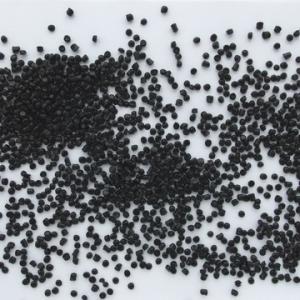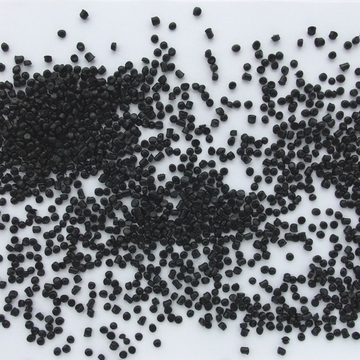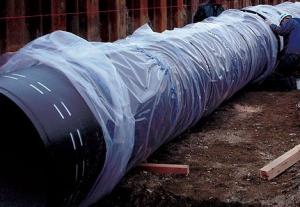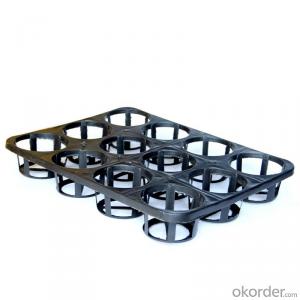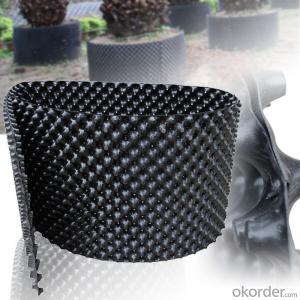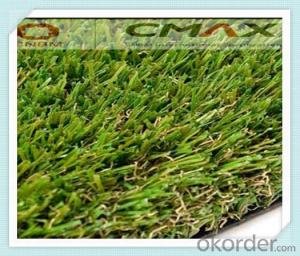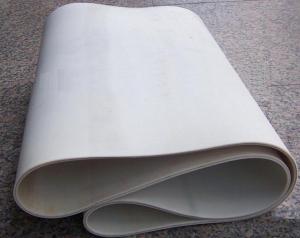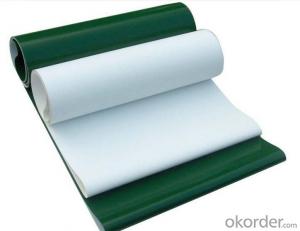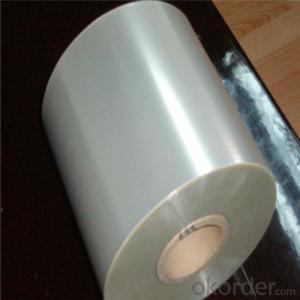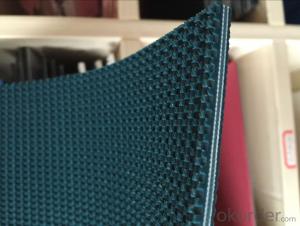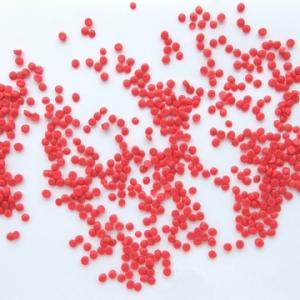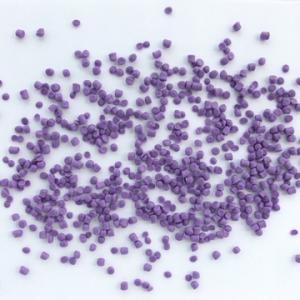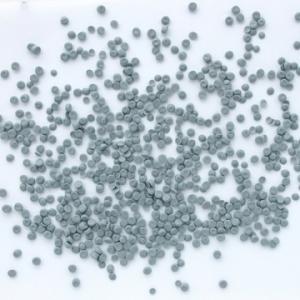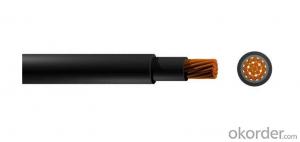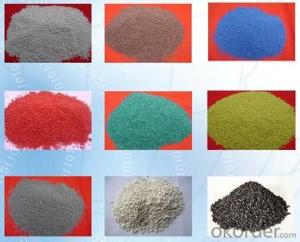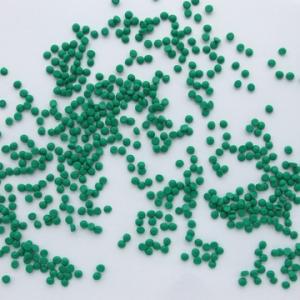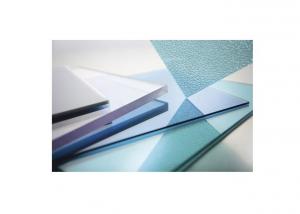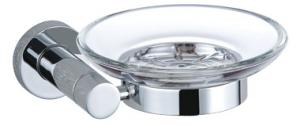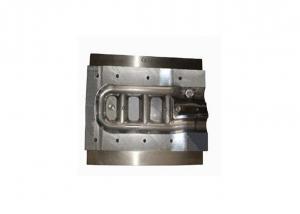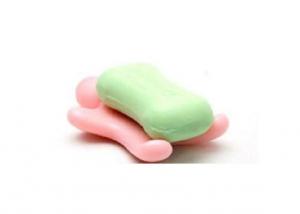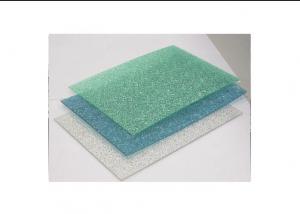Low-smoke, low-halogen and flame retardant PVC compound
- Loading Port:
- Shanghai
- Payment Terms:
- TT OR LC
- Min Order Qty:
- -
- Supply Capability:
- 3000 Tons kg/month
OKorder Service Pledge
OKorder Financial Service
You Might Also Like
Low-smoke, low-halogen and flame retardant PVC compound
I. Type and application
Type | Product | Application and Cable Specification |
DJ-70N | 70℃Low-smoke, low-halogen and flame retardant PVC insulating compound | Insulation of flame retardant wires and cables which operation temperature is at 70℃ with the demand of low-smoke, low-halogen |
DH-70N | 70℃Low-smoke, low-halogen and flame retardant PVC jacket compound | Jacket of flame retardant wires and cables which operation temperature is at 70℃ with the demand of low-smoke, low-halogen |
DJ-90N | 90℃Low-smoke, low-halogen and flame retardant PVC insulating compound | Insulation of flame retardant wires and cables which operation temperature is at 90℃ with the demand of low-smoke, low-halogen |
DH-90N | 90℃Low-smoke, low-halogen and flame retardant PVC jacket compound | Jacket of flame retardant wires and cables which operation temperature is at 70℃ with the demand of low-smoke, low-halogen |
II. Product description
Low-smoke, low-halogen and flame retardantPVC compound for cables and wires, based on PVC resin, is made into granula byspecial technology with adding special plasticizer, stabilizing agent, flameretardant, smoke suppressant, HCL absorber and other special agents. Thecompound has well performance of flame retardant. It has low smoke and lowburst size of HCL when burning. The produced wires and cables have 60% lighttransmittance. The products meet various special requirements, UV stable,environment friend (RoHs, REACH, PAHs, chlorinated alkanes free, phthalate free, and etc.), sub-shine and fogsurface, rodent-repellent, termite-repellent, and etc.
III. Processing
It is recommended that compound should beprocessed with common extruder having a minimum L/D ratio of 20. Non-specialrequirements of equipment and processing are needed.
The following temperature(℃)profile of extruder is recommended:
Zone | Zone 1 | Zone 2 | Zone 3 | Zone 4 | Head | Die |
Temperature ℃ | 140 | 160 | 170 | 175 | 180 | 175 |
IV. Storage and transport
Packaging:25kg/bag, PE membrane inside bag and Kraft outsidebag.
Storage andtransport: Avoiding in direct sunlight and weathering. The storage place shouldbe in clean, cool, dry, and ventilated conditions.
Ⅴ、Properties
Table
Item | Unit | Standard Value | ||||
DJ-70N | DH-70N | DJ-90N | DH-90N | |||
Tensile Strength | ≥ MPa | 15.0 | 15.0 | 16.0 | 16.0 | |
Elongation at Break | ≥ % | 150 | 180 | 150 | 180 | |
Impact Brittleness Temperature | ℃ | -15 | -20 | -15 | -20 | |
Volume Resistivity, at 20℃ | ≥ Ω﹒m | 1.0×1011 | 1.0×109 | 1.0×1011 | 1.0×109 | |
Volume Resistance at working temperature | Temperature | ℃ | 70±1 |
| 90±1 |
|
Volume Resistance | ≥ Ω﹒m | 1.0×108 |
| 1.0×108 |
| |
Dielectric Strength | ≥ MV/m | 20 | 18 | 20 | 18 | |
Hot Deformation | ≤ % | 40 | 50 | 40 | 50 | |
Thermal Stability Time at 200℃ | ≥ min | 60 | 60 | 80 | 80 | |
Oxygen Index | ≥ | 30 | 30 | 30 | 30 | |
Thermal Aging |
|
|
|
|
| |
Aging Temperature | ℃ | 100±2 | 100±2 | 100±2 | 100±2 | |
Aging Time | h | 168 | 168 | 240 | 240 | |
Tensile Strength after aging | ≥ MPa | 15.0 | 15.0 | 16.0 | 16.0 | |
Variation on Tensile Strength | % | ±20 | ±20 | ±20 | ±20 | |
Elongation at Break after aging | ≥ % | 150 | 180 | 150 | 180 | |
Variation on Elongation at Break | % | ±20 | ±20 | ±20 | ±20 | |
Loss of Mass after aging | ≤ g/m2 | 20 | 23 | 15 | 15 | |
Burst Size of HCL | ≤ mg/g | 100 | 100 | 100 | 100 | |
Smoke Density (NBS method, non flaming condition) | ≤ | 300 | 300 | 300 | 300 | |
Smoke Density (NBS method, flaming condition) | ≤ | 300 | 300 | 300 | 300 | |
- Q: Can olive nets be used for olive tree protection from extreme temperatures?
- Yes, olive nets can be used for olive tree protection from extreme temperatures. They provide a physical barrier that helps to insulate the tree and protect it from harsh weather conditions, including extreme temperatures. Additionally, olive nets can also help to minimize frost damage by capturing heat and providing a microclimate around the tree.
- Q: Are olive nets compatible with mechanical olive harvesters?
- Yes, olive nets are compatible with mechanical olive harvesters. Olive nets are commonly used in conjunction with mechanical harvesters to catch and collect the olives as they are shaken off the trees. The nets are spread beneath the trees to ensure that the olives fall onto them, making it easier for the mechanical harvesters to efficiently collect and separate the olives from other debris.
- Q: How do olive nets prevent olives from being damaged by pests?
- Olive nets prevent olives from being damaged by pests by acting as a physical barrier that covers the olive trees. This prevents pests such as birds and insects from directly accessing the olives, reducing the risk of damage or loss.
- Q: What is the white fine plastic rope hanging with a tag on it?
- The white, thin plastic rope hanging from the coat is called a nylon rope.
- Q: Can olive nets be used to increase yield?
- Yes, olive nets can be used to increase yield. By placing nets under olive trees, they help catch falling olives during harvesting, reducing fruit loss and increasing overall yield. The nets also provide shade, preventing sunburn on the fruit and improving their quality. Additionally, nets can protect the olives from birds and other pests, further enhancing the yield.
- Q: Can olive nets be used in combination with pest monitoring systems?
- Yes, olive nets can be used in combination with pest monitoring systems. Olive nets are primarily used to protect the olive trees from birds and other animals. Pest monitoring systems, on the other hand, help in identifying and managing insect pests and diseases. By using both these systems together, olive growers can effectively protect their trees from birds while also monitoring and managing potential pest problems.
- Q: How do you remove olives trapped in the net?
- To remove olives trapped in the net, you can try gently shaking or tapping the net to dislodge them. Alternatively, you can carefully cut the netting around the trapped olives using scissors or a knife. Just be cautious not to damage the olives in the process.
- Q: Can olive nets be used for other agricultural purposes?
- Yes, olive nets can be used for other agricultural purposes. They can be utilized for harvesting various fruits such as cherries, almonds, and other tree crops. Olive nets can also be employed for protecting crops from birds and other animals, preventing them from causing damage.
- Q: How are olive nets cleaned after use?
- Olive nets are typically cleaned after use by first removing any debris or leaves from the nets. Then, they are washed using water and mild detergent to remove dirt and stains. Finally, the nets are dried thoroughly before being stored for future use.
- Q: Can olive nets be used to reduce the risk of soil erosion in areas with high salinity levels?
- Yes, olive nets can be used to reduce the risk of soil erosion in areas with high salinity levels. These nets are typically installed on slopes or areas prone to erosion and help to stabilize the soil by preventing water runoff and promoting the infiltration of rainwater. Additionally, olive nets can provide shade to the soil, reducing evaporation and helping to maintain moisture levels, which can be beneficial in areas with high salinity levels.
Send your message to us
Low-smoke, low-halogen and flame retardant PVC compound
- Loading Port:
- Shanghai
- Payment Terms:
- TT OR LC
- Min Order Qty:
- -
- Supply Capability:
- 3000 Tons kg/month
OKorder Service Pledge
OKorder Financial Service
Similar products
Hot products
Hot Searches
Related keywords
